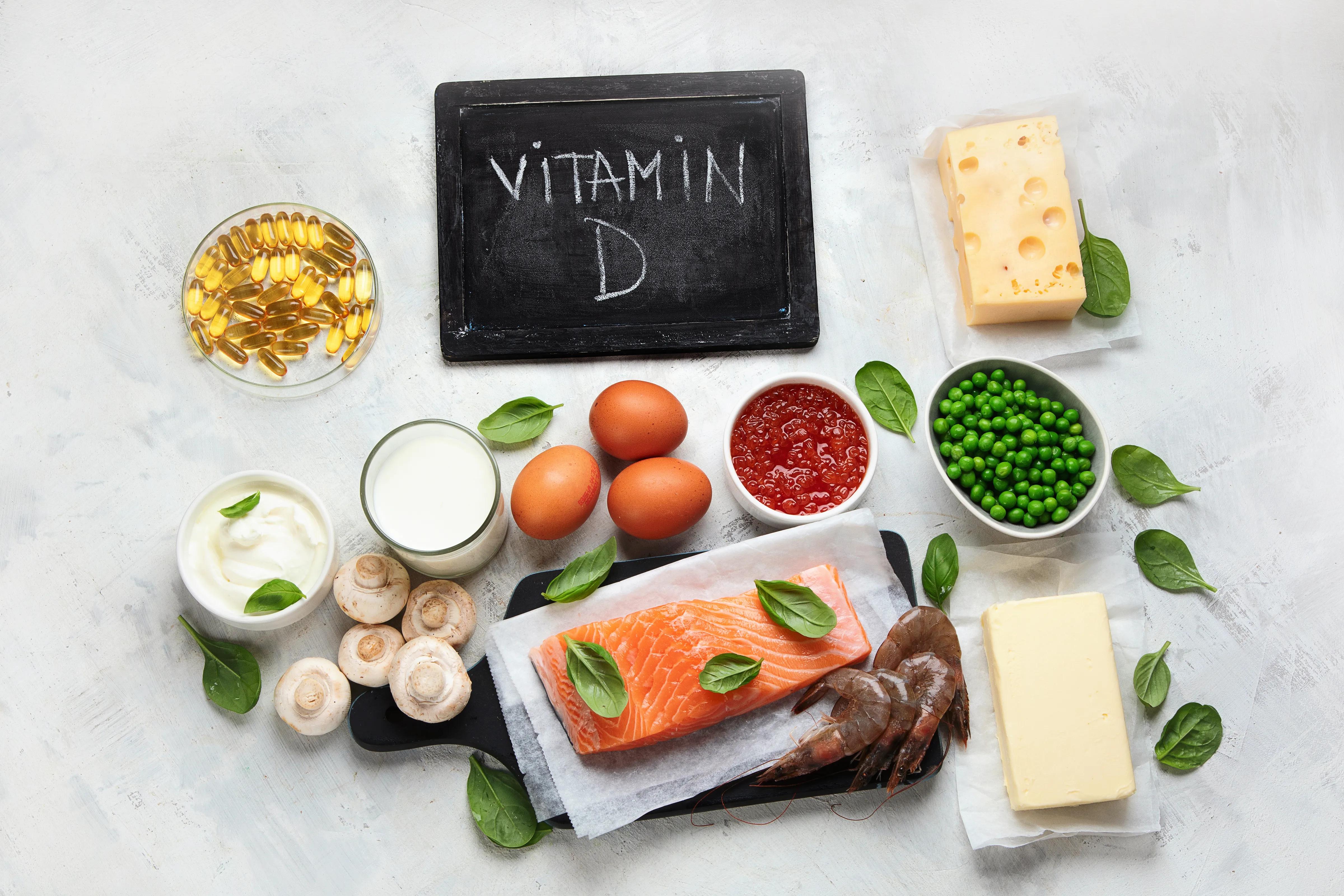The optimal dose of vitamin-D

Vitamin D is in the limelight at the moment precisely because of its protective role in reducing the risk of infection with the SARS-CoV-2 virus. Scientists have shown that having sub-optimal vitamin D levels can leave a person more vulnerable to Covid infection, than a person with adequate vitamin D levels. Given that Vitamin D is a hormone with multiple roles in immunity, muscle health, bone health and optimal kidney functioning, to name a few, it is critical to have optimal serum vitamin D levels.

So, what is the “optimal “ Vitamin D dosage for a person ? And regimen? Does one follow a weekly regimen of taking one 60,000 IU sachet per week? Is a daily pill better? Which product is better when they all come with labels of “higher potency”? Nutritional recommendations suggest that ~ 4000 IU per day of vitamin D is enough for a normal weight person, assuming adequate sun exposure. So, what about people who are overweight or underweight? Do they need more or less vitamin D than normal weight people? Why not just sit in the sun? I eat enough meat and seafood. Surely I do not need supplements? Which formulations are right for me? How do I know that this brand is better than my usual one?
Project Serotonin is here to help you cut a clear path through this confusion. Our research and analyses of over 200 clinical trials and the same number (give or take a few) of vitamin D pharmacology papers have shown that vitamin D needs are likely to be far higher than previously estimated.
Let’s take a look at all the factors that affect vitamin D, one-by-one.
Sunlight Exposure
Most of us lead largely indoor lives and our work schedules leave barely any time for getting out into the early morning sun. Moreover, we need to move around with a bare torso and exposed arms and legs to get enough sun exposure to stimulate vitamin D synthesis in skin. From a practical standpoint, that daytime work attire is hardly possible for everyone to adopt! Sunlight exposure is also grossly inadequate in fall and winter seasons. So, reliance on sunshine alone is not ideal or foolproof.
Dietary Intake
Mushrooms (vegans & vegetarians), Seafood (mixed diet), plant based milks and fortified foods are good sources of vitamin D. Diet preferences, seasonal availability of food sources and varied portion sizes become factors that cut into the dietary availability of vitamin D.
Metabolism of Vitamin D
Vitamin D is a hormone vitamin required in all cells of the body. Receptors for this nutrient hormone are expressed in all major tissues. New research has shown that vitamin D can be converted to its active form and used up locally in all cells. Besides, the inactivation of vitamin D is also a highly uniform process throughout the body. Removal of vitamin D from the body via bile salts is a continuous process that happens, no matter where the vitamin D comes from - skin / diet /supplements. In a nutshell, your body needs vitamin D in all cells, not just in the liver and kidneys. The turnover of vitamin D from precursors (from diet & supplements) → active form → inactive form → excretion in bile happens as a daily, continuous process in all cells.
Making Sense Of It All
At Project Serotonin, we are interested in helping every person reach and maintain their optimal levels of vitamin D. We therefore, consider your present status of vitamin D, your BMI, your genetics and other biomarkers to arrive at a daily dosage of vitamin D that can help you achieve and maintain your serum vitamin D levels in the optimal range. This includes starting you off on a 4-week booster vitamin D supplement (50–60K IU vitamin D) and then following it up with a personalized daily dosage.
Continuous Adaptive Integration
We have adopted a strategy of “streaming” supplements. By that we mean that your daily intake suggestions and the products chosen for you will be calibrated to suit your biomarkers, genetics and BMI, every 6 months.
You can take a blood test anytime in that period and we will immediately send you an adjusted dosage recommendation, as well as new products. Our in-house trials have shown that it usually takes 6–12 months to raise serum vitamin D levels by 10 ng/ml. We can also work with a flexible regimen and suggest that you take your vitamin D supplements only 5 days per week. This allows your body to adjust to the booster + daily dose combinations.
Safety
We have evaluated the safety of our strategy. Vitamin D has been tried out in super-mega doses (eg. 100,000 IU as a once in 6 months dose or even a 360,000 IU once a year dose) in studies conducted by various university research groups. In all these trials, vitamin D has been found to be safe. All the extra vitamin D gets stored into the fatty tissue and it is then slowly released into blood. In comparison, the Serotonin strategy is to work with 5–6 fold less daily intake recommendations and let our users achieve optimal vitamin D levels, gradually.
